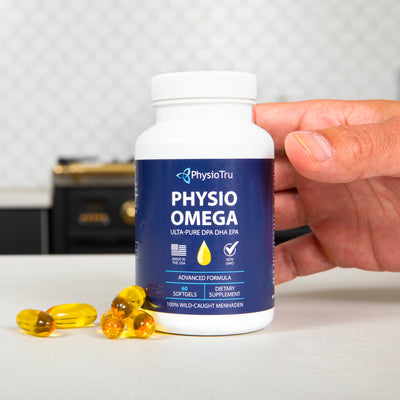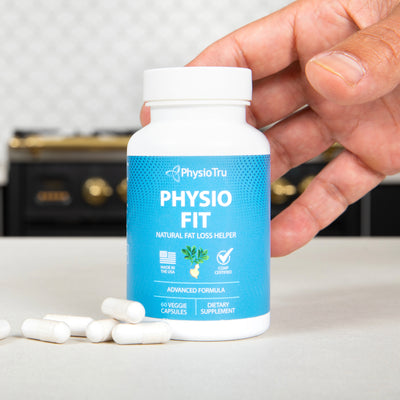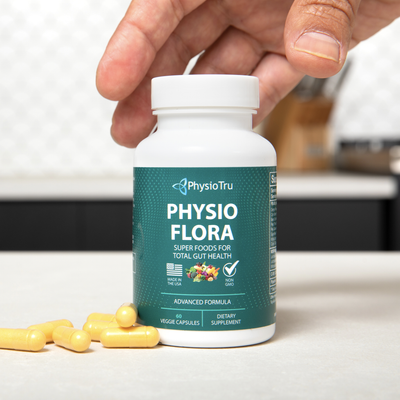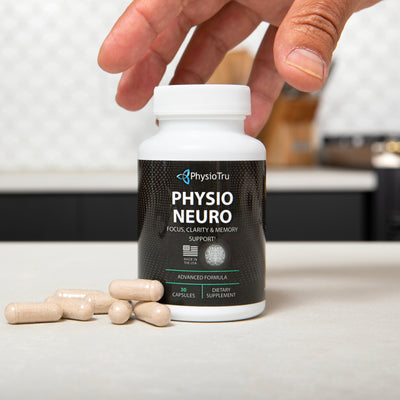It's a fact that as we get older, our bodies are routinely put to the test—gone are the days when you could eat anything you wanted or take a run without pulling a muscle. Our bone health is especially compromised in later years. The International Osteoporosis Foundation estimates that over 44 million Americans aged 50 or over either suffer from the onset of Osteoporosis, a fragile bone condition, or low bone density.
What You Control
The Foundation recommends focusing on what is within your control, such as the amount of calcium and Vitamin D you consume, having an inactive lifestyle, and smoking. They are promoting a number of solutions for the everyday citizen to consider in the interest of their bone health.
Dr. E. Michael Lewiecki, M.D., director of the New Mexico Clinical Research and Osteoporosis Center, advises all women over the age of 65 and all men over the age of 70 to get screened for the condition annually. But if you've already had a bone break before the age of 50? Seek out annual screening right away, he recommends.
Talk To Your Doctor
There are also a number of medications (an option that you and your doctor should discuss) which could help immensely, from stimulating bone growth to aiding the greater absorption of calcium.
Supplements and fortified foods, says Lewiecki, can only slow the progression of the condition—one which some people may not realize they're even suffering from, as most people disregard things like backaches and hunching over. This is what gives Osteoporosis the nickname "the silence disease."
Low-Impact Fitness
Lastly, the doctor recommends that anyone considering what they can do to slow the advancement of low bone density should take up light to moderate fitness. As opposed to high-impact activities such as running or jogging, which may increase the likelihood of an injury or breakage, take up a lower-impact activity like using an elliptical machine, fast-walking, or swimming.
Just check with your primary care provider before starting a new fitness program. Always listen to the advice of your doctor when it comes to maintaining healthy bones.





